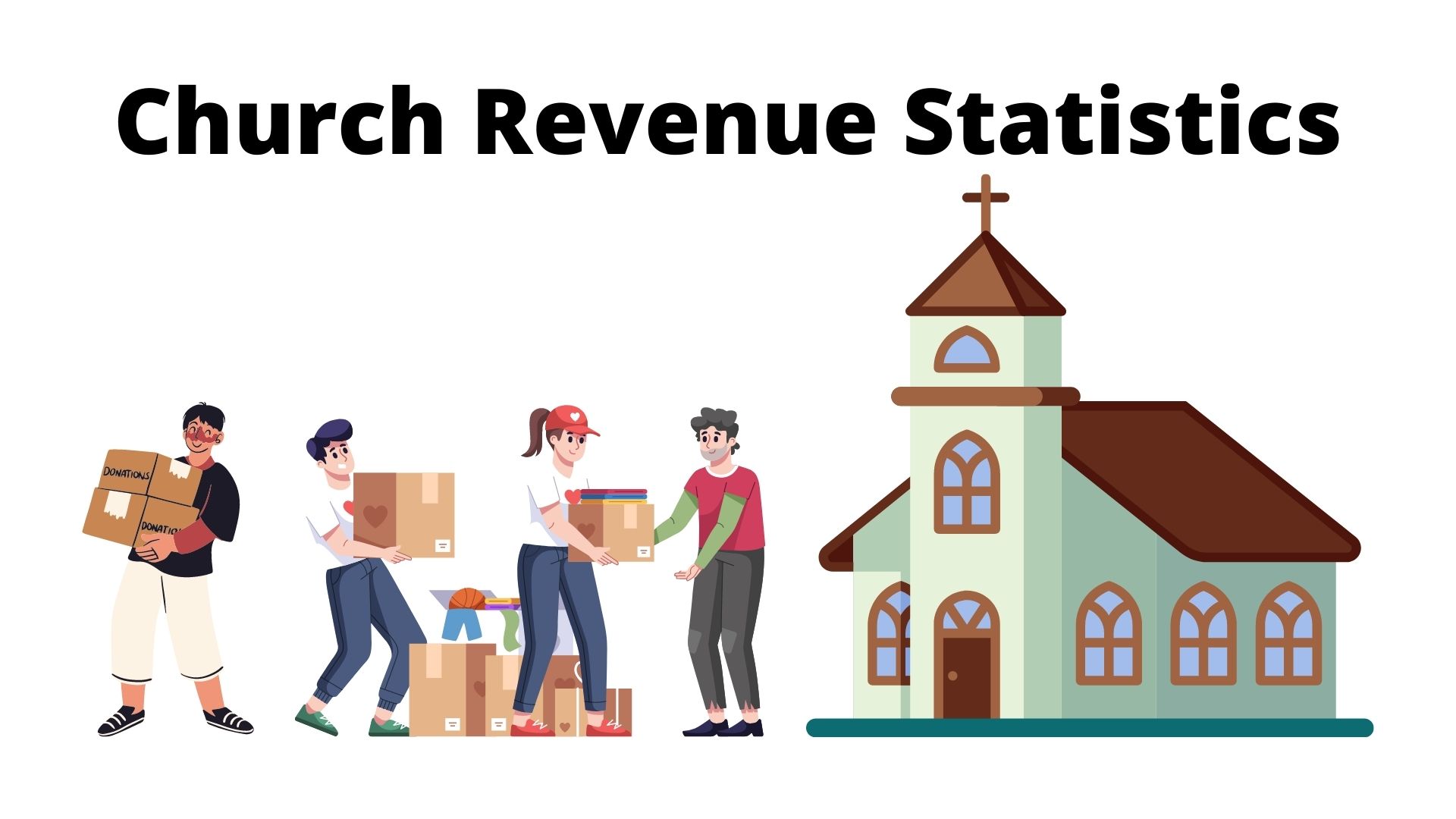HCM No Longer an ERP Afterthought
Human capital management (HCM) software used to be a mere afterthought when it came to enterprise resource planning (ERP) purchasing decisions, but not anymore. In fact you could argue that cloud-based HCM and financial planning software companies like Workday are dictating the direction in which the ERP industry is moving.
To understand why, it's necessary to look at the origins of ERP solutions in the 1970s. What exactly were the enterprise resources that needed planning? A large proportion of it was physical materials and capital equipment — heavy and expensive “stuff.”
Human capital, on the other hand, hardly featured. It was simply a cost to be minimized, and most ERP solutions treated it as such. They had payroll and other HR functionality, but essentially human capital was a cost that had to be managed to a minimum — and that was about all.
Because ERP was about making plans for expensive physical goods, ERP buying decisions were generally made by people from finance, or from logistics or from IT. The human resources staff made do with whatever HR-related modules were supplied with the ERP solution, augmented with ancillary products bought in to fill in any gaps.
Human Capital Management Shift
But over the past few decades things have changed dramatically. In many businesses fully loaded labor costs (which include the cost of all the infrastructure needed to allow employees to work) may account for 80 percent — or even more — of total business spend.
ERP is still needed in those businesses, but the emphasis has gone from managing physical assets that the CFO is interested in — through financing, depreciation and so on — to something very different.
These companies are often more concerned about managing — and, specifically, maximizing the value of – their human assets. They recognize that human capital is not easily replaceable, and conversely that a bad hire can have negative ramifications within an organization for many years. The center of gravity of ERP, in other words, has shifted from managing things to managing people.
This trend has been accompanied by another significant one: In many organizations, spending authority for core HR technology now lies in the hands of HR people, where once it might have been buried in an ERP decision made by financial people. “HR holds sway now and that influences how technology decisions are made,” says Naomi Bloom, managing partner of HCM consultancy Bloom & Wallace.
The HCM functionality built in to most traditional ERP suites is still not sufficient for HR needs, says Lisa Rowan, an HR expert at IDC. “The ERP vendors offer it, but it is not always used. In fact in the majority of cases, I'd say that companies buy HCM software or services separately,” she says.
Many HR people are interested, understandably, in HR-centric products like Workday. The company was founded by two former senior executives from PeopleSoft, the HR-centric ERP software vendor that was acquired by Oracle in 2005. (Oracle still sells PeopleSoft applications.)
The question these companies are facing is how do they move from the ERP solutions that they have, to “next generation” offerings like Workday, which are based in the cloud and include sophisticated HCM capabilities, and which embrace new trends such as mobility and social capabilities?
ERP Giants Add HCM
Now that HR people play a major part in the buying decision, traditional ERP vendors are trying to accommodate their needs by adding features like mobile capabilities into their product offerings. But these features often cost extra, which many companies may consider unacceptable when “next generation” suppliers like Workday typically include this type of functionality at no added cost.
Established ERP vendors like Oracle and SAP are not stupid, and they recognize they have to move with the times. That's why they are betting their futures on software-as-a-service. Consider Oracle Fusion, or SAP's Employee Central.
The question is whether this will be enough to persuade customers to upgrade or migrate to their incumbent ERP vendor's next generation human resource management/talent management rather than move to the likes of Workday, says Bloom. “It is not a given that they (SAP and Oracle) can turn those motherships around.”
To more fully cover their bases, both Oracle and SAP have also purchased HCM pureplays. SAP bought SuccessFactors for $3.4 billion in late 2011, and Oracle acquired Taleo and SelectMinds in 2012.
One thing the big ERP vendors do have going for them is that they offer entire ERP solutions as a suite. By doing so they avoid integration issues, which can be extraordinarily complex. Their cloud-based offerings also promise customers simpler upgrade paths.
“Many companies worry about monster upgrades to their ERP suites. With some cloud offerings customizations are taken in to account so that new releases don't blow them away,” says IDC's Rowan.
This need for “next generation” ERP software with powerful HCM capabilities is having a profound effect on the ERP industry. It's driving giants like SAP and Oracle to the cloud, and if companies still don't believe their HCM needs will be met by the cloud-based offerings of these industry stalwarts then they will simply look elsewhere.
Paul Rubens has been covering IT security for over 20 years. In that time he has written for leading UK and international publications including The Economist, The Times, Financial Times, the BBC, Computing and ServerWatch.

Paul Ferrill has been writing for over 15 years about computers and network technology. He holds a BS in Electrical Engineering as well as a MS in Electrical Engineering. He is a regular contributor to the computer trade press. He has a specialization in complex data analysis and storage. He has written hundreds of articles and two books for various outlets over the years. His articles have appeared in Enterprise Apps Today and InfoWorld, Network World, PC Magazine, Forbes, and many other publications.
